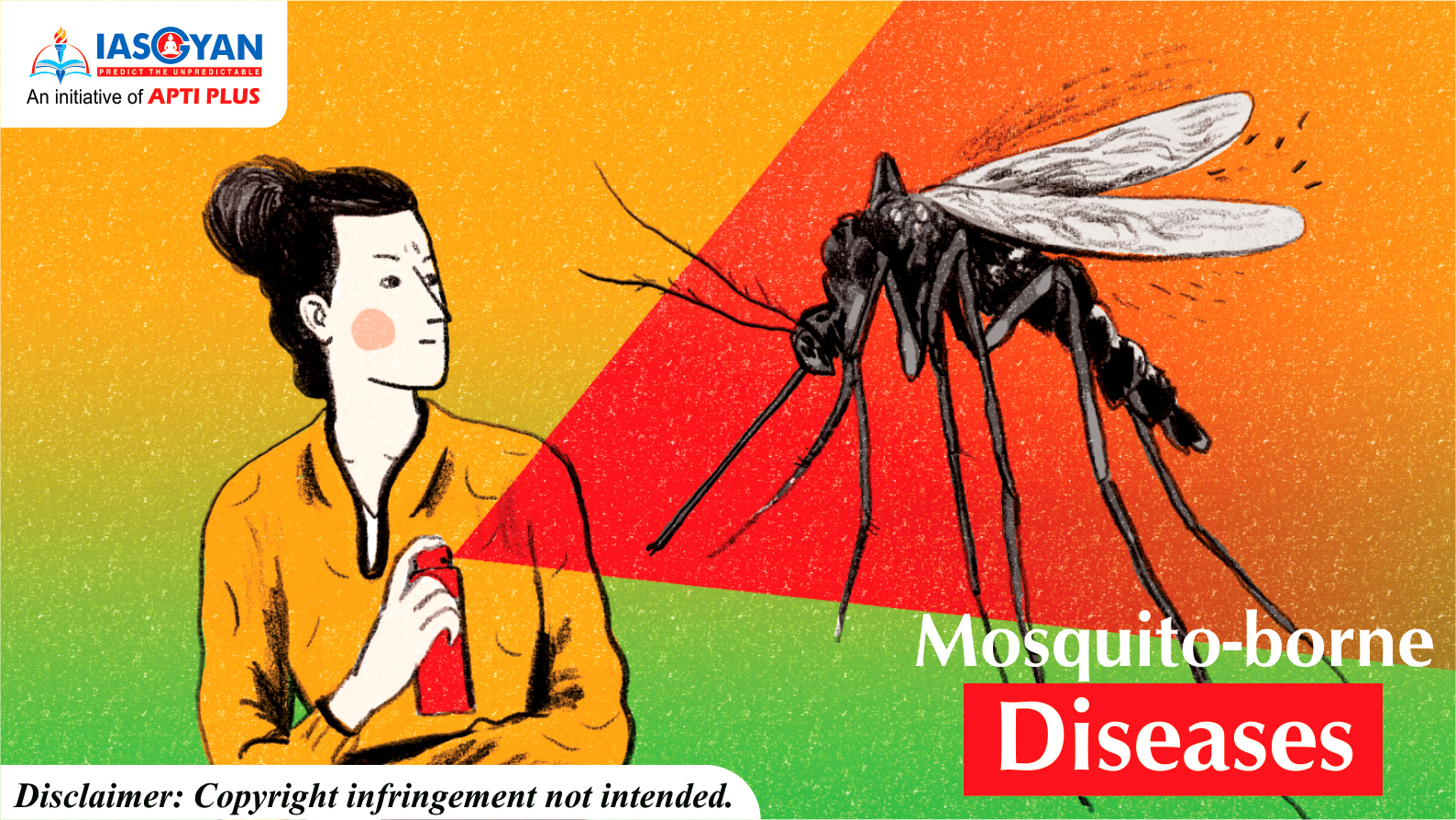




What makes mosquitoes even more harmful are the bacteria, viruses and parasites they transmit, thereby causing diseases.
According to World Health Organisation (WHO), mosquito bites result in more than one million deaths every year, malaria being one of the major causes of death.
Here are some of the mosquito-borne diseases that you should be aware of:
Caused by a parasite Plasmodium, this disease is transmitted via bites of infected Anopheles mosquitoes. The parasites multiply in the liver and affect the red blood cells. Symptoms for the disease include fever, headache and vomiting. Malaria can be life-threatening if not treated immediately.
Dengue virus is transmitted by female mosquitoes of the species Aedes aegypti, and, to a lesser extent, by A albopictus. Symptoms for the disease include high fever, severe headache, pain in muscles and bones, and mild bleeding from the nose and gums, among others. Some people might also contract a more severe form of the disease called dengue hemorrhagic fever.
This is a viral disease transmitted by the bite of infected infected mosquitoes such as Aedes aegypti and Aedes albopictus. It can cause high fever, join and muscle pain, and headache. There is, however, no specific treatment for the disease. One would need to take rest and consume fluids until the symptoms go away.
Zika virus is also transmitted through the bite of an infected Aedes species mosquito. The symptoms are mild and may include fever, joint muscle pain or rash. There's, however, no vaccine to prevent the virus.
This disease is caused by three thread-like parasitic filarial worms, Wuchereria bancrofti, Brugia malayi, and Brugia timori, all transmitted by mosquitoes. It damages the lymphatic system and results in painful, swollen limbs. The lymphatic damage may also lead to frequent attacks of infection.
The Japanese encephalitis (JE) virus breeds in flooded rice fields, marshes, and standing water around plants. The virus can attack the central nervous system, including the brain and spinal cord. Most JE virus infections are mild or without apparent symptoms. There is a vaccine available to protect one against the Japanese encephalitis virus.
© 2024 iasgyan. All right reserved